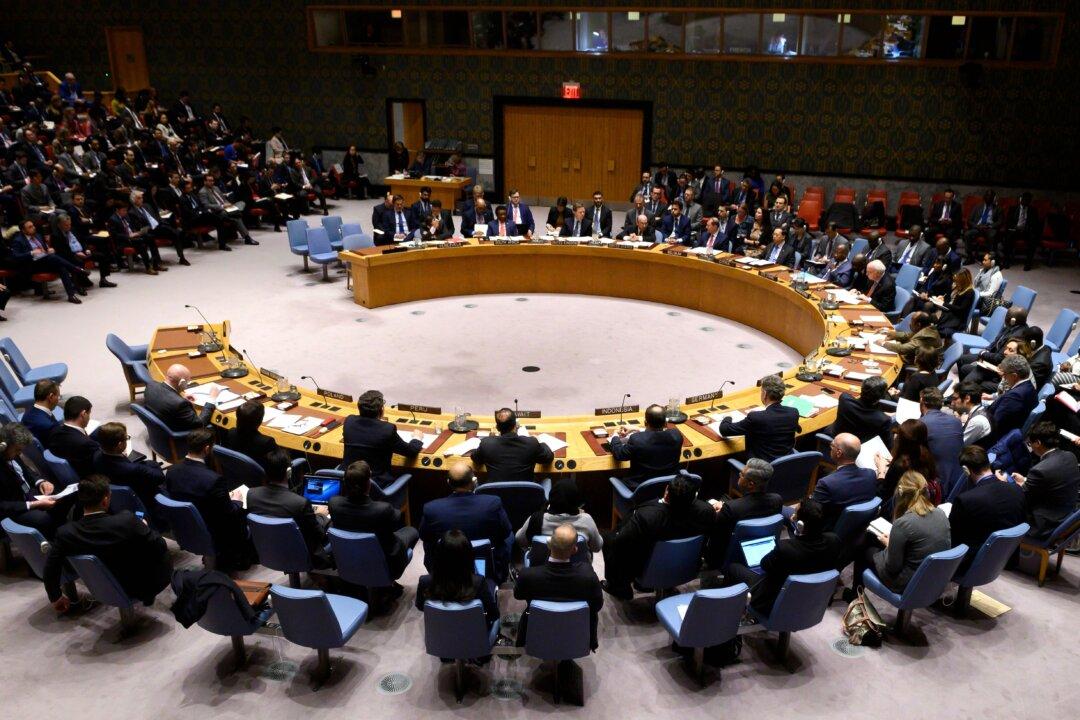Commentary
In a speech that criticized his successors, former prime minister Brian Mulroney called on Canada to beef up its place and spending in the world. He wants more foreign spending and a U.N. Security Council seat for Canada. Such remarks were music to the ears of the United Nations Association in Canada audience gathered in Toronto last week to hear him.





